Lychee Flower Drop: Understanding Why A Lychee Doesn’t Bloom
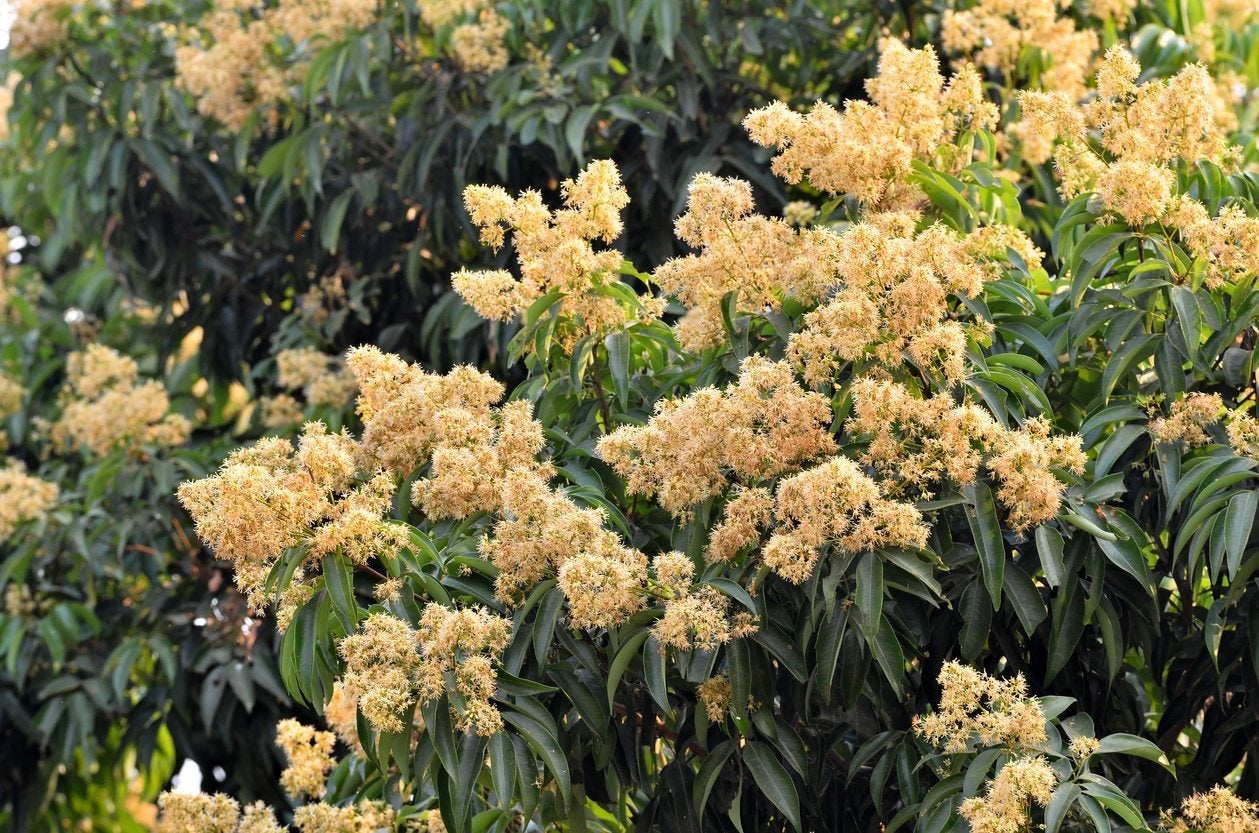

Lychee trees (Litchi chinensis) are beloved for their lovely spring flowers and sweet fruit. Sometimes, though, a lychee tree won’t flower. Of course, if the lychee doesn’t bloom, it won’t produce any fruit. If there are no flowers on lychee trees in your garden, read on for more information about the problem.
Reasons for Lychee Not Flowering
One of the most delightful aspects of a lychee tree is its long clusters of small flowers in early spring. In warmer zones, the flowers appear in February and March. In cooler parts of the range, look for them in April. If you see no flowers on lychee trees in your yard, there is definitely a problem. Temperature – Climate is the first thing to consider when lychee trees won’t flower, or you notice lychee flower drop. Lychee trees need warm, humid summers but at least 100 winter chill hours. That effectively limits its range in this country to parts of California, Arizona, Florida, or Hawaii. Generally, the trees thrive in USDA zones 10 and 11. If your zone is lower than this, the simple reason that your lychee doesn’t bloom is that it doesn’t get the sunshine and warmth it needs. Be sure you are in the right zone and that the tree is planted in a full sun site. On the flipside, it may also be that your climate is too warm. Lychee flowers and fruits best in subtropical rather than tropical areas. They need a climate with a dry, chilly winter period lasting for at least three to five months and a warm spring during the flowering period. Hot, humid summers produce fruit. Remember that young lychee trees may not flower if subjected to temperatures of 28 to 32 degrees F. (-2 to 0 C.) and may die when temperatures drop to 24 to 25 degrees F. (-3 to -4 C.). Wind can also reduce produce lychee flower drop. If you think low temperatures are preventing your trees from blossoming, consider transplanting them into a more protected area. You might also cover the trees during the colder part of winter. Water – Water, too much or too little, impacts flowering in lychee trees. Lychees have a reputation as drought tolerant, but you need to irrigate newly planted lychee trees regularly during the first few seasons. After the trees mature, however, irrigation can reduce flowering. Stop watering the trees during the fall and winter until they bloom. This usually produces more flowers.
Gardening tips, videos, info and more delivered right to your inbox!
Sign up for the Gardening Know How newsletter today and receive a free copy of our e-book "How to Grow Delicious Tomatoes".

Teo Spengler is a master gardener and a docent at the San Francisco Botanical Garden, where she hosts public tours. She has studied horticulture and written about nature, trees, plants, and gardening for more than two decades. Her extended family includes some 30 houseplants and hundreds of outdoor plants, including 250 trees, which are her main passion. Spengler currently splits her life between San Francisco and the French Basque Country, though she was raised in Alaska, giving her experience of gardening in a range of climates.
-
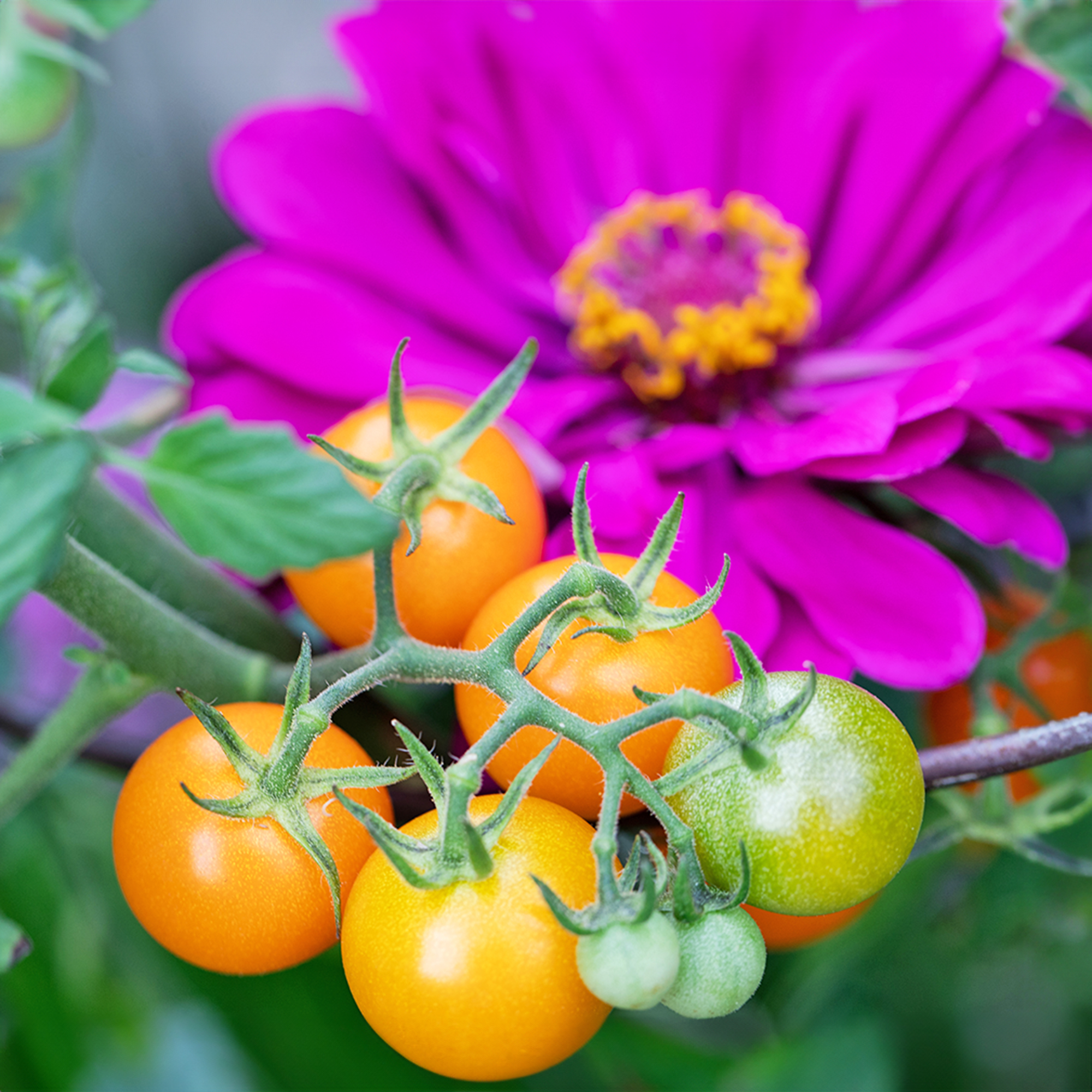 8 Perfect Flowers To Plant With Tomatoes To Boost Yields & Banish Pests
8 Perfect Flowers To Plant With Tomatoes To Boost Yields & Banish PestsDon’t forget flowers when choosing companion plants for your tomato beds or pots. These pretty, fragrant blooms add beauty but are also highly beneficial.
By Mary Ellen Ellis
-
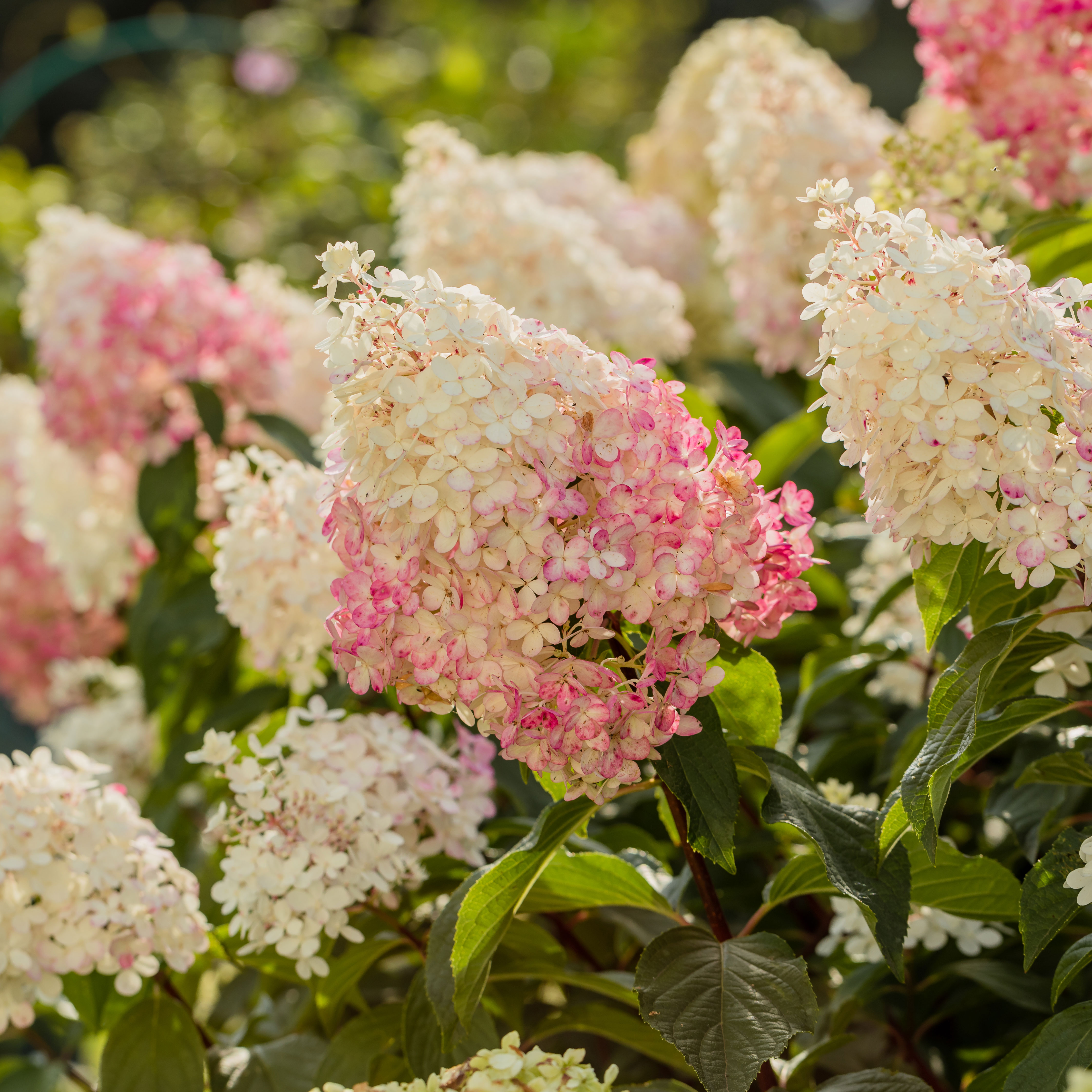 Want The Longest Lasting Hydrangea Flowers? Grow These 8 Panicle Hydrangea Varieties
Want The Longest Lasting Hydrangea Flowers? Grow These 8 Panicle Hydrangea VarietiesFor ornamental shrubs that deliver the longest flowering seasons with plush blooms and delicate hues, these panicle hydrangea varieties are essential in your yard
By Tonya Barnett
-
 No Fruit On Lychee Tree: What To Do When Your Lychee Isn’t Fruiting
No Fruit On Lychee Tree: What To Do When Your Lychee Isn’t FruitingLychee is a delicious tropical fruit but what if your lychee won’t produce? There are a couple of reasons for no fruit on a lychee. If a lychee isn’t fruiting, you’ve come to the right place. Click this article to find out how to make a lychee tree fruit.
By Amy Grant
-
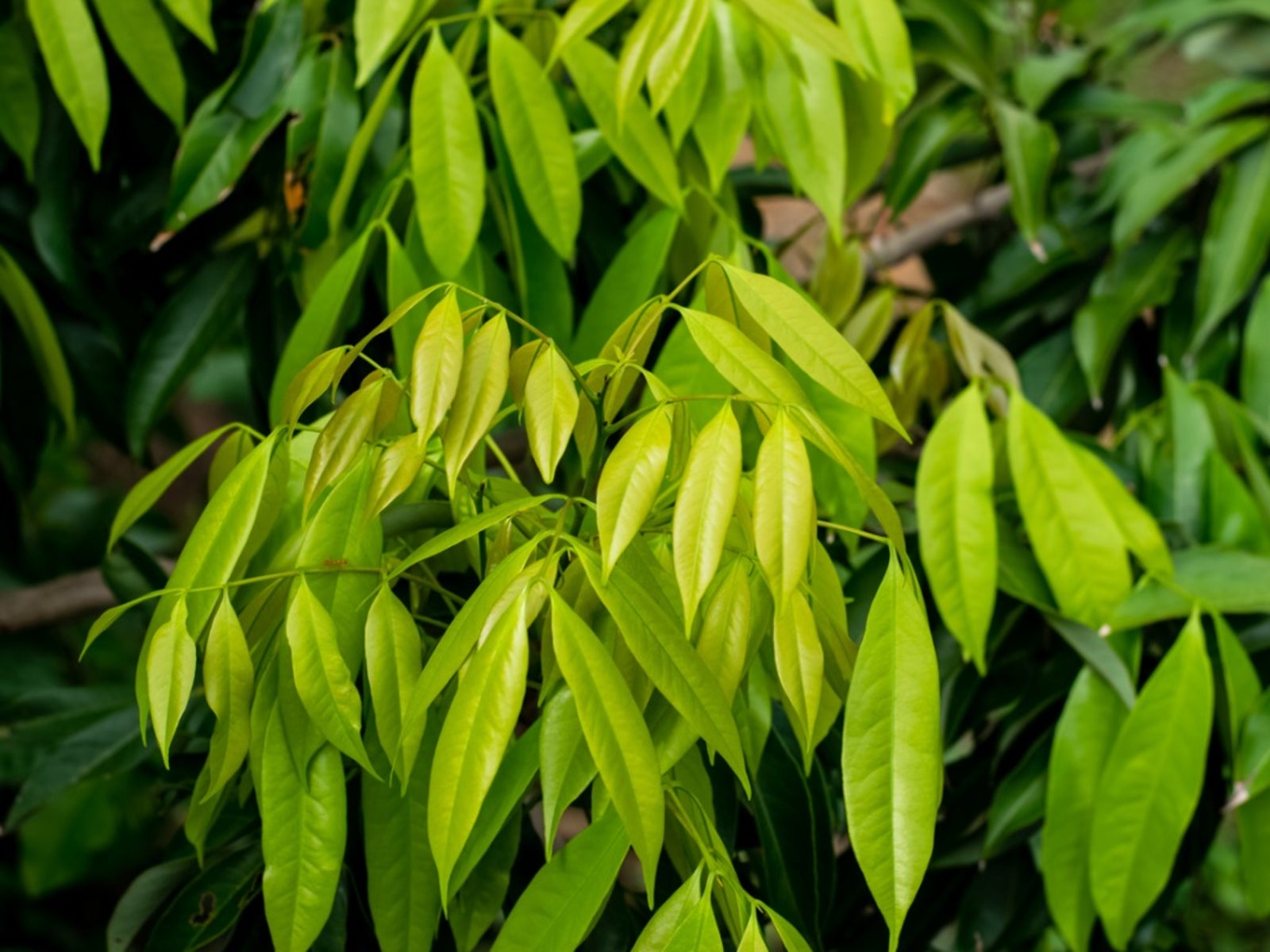 Pests Of Lychee Trees: Learn About Common Bugs That Eat Lychee
Pests Of Lychee Trees: Learn About Common Bugs That Eat LycheeLychee trees produce delicious fruit, but they are also beautiful, majestic trees in their own right. But even lovely lychee trees are not pest free. Lychee pests can cause problems for the homeowner, given its size. Click here for information on bugs that eat lychee fruit.
By Teo Spengler
-
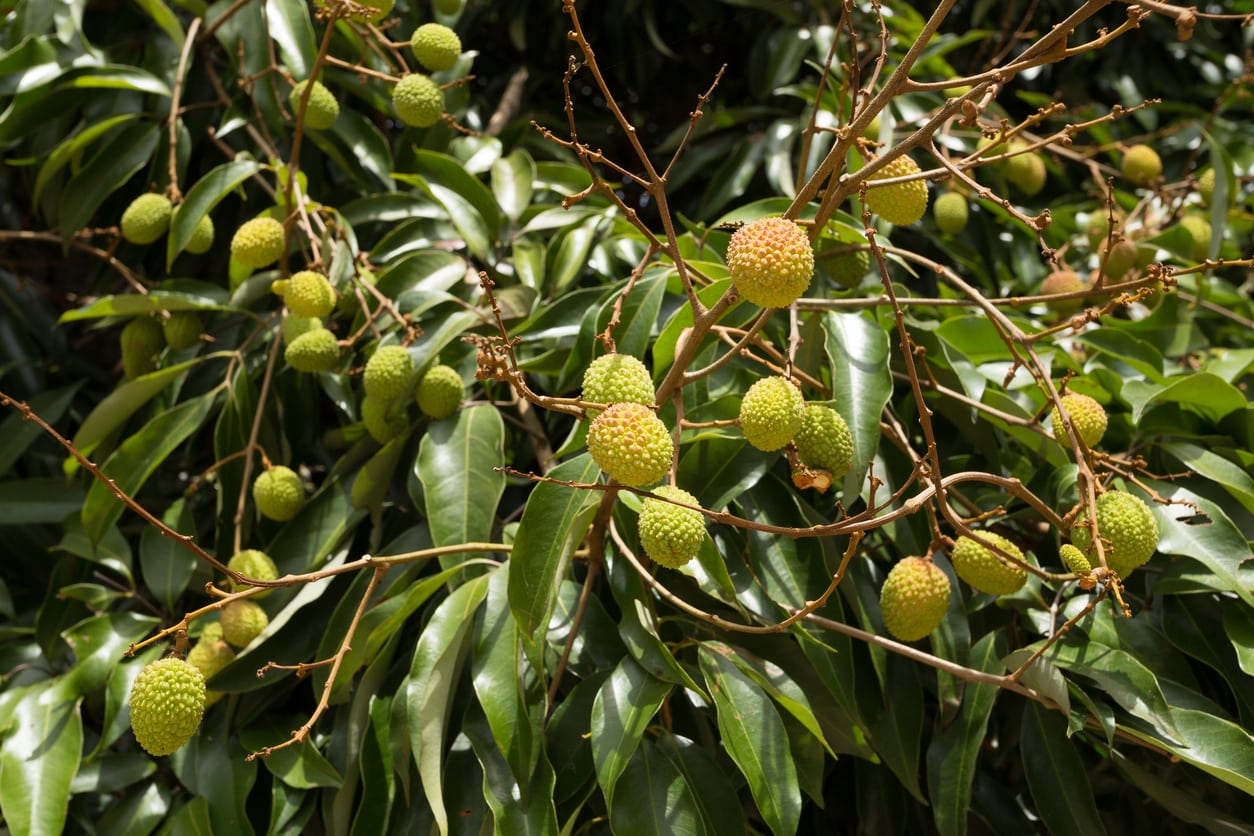 Treating A Sick Lychee Tree – Learn How To Manage Lychee Diseases
Treating A Sick Lychee Tree – Learn How To Manage Lychee DiseasesWhile it is nice to grow different plants in the landscape that not everyone else in the neighborhood is growing, you may feel completely lost and alone if problems occur on an exotic plant. Like any plant, Lychee trees can experience certain disease problems. Learn more here.
By Darcy Larum
-
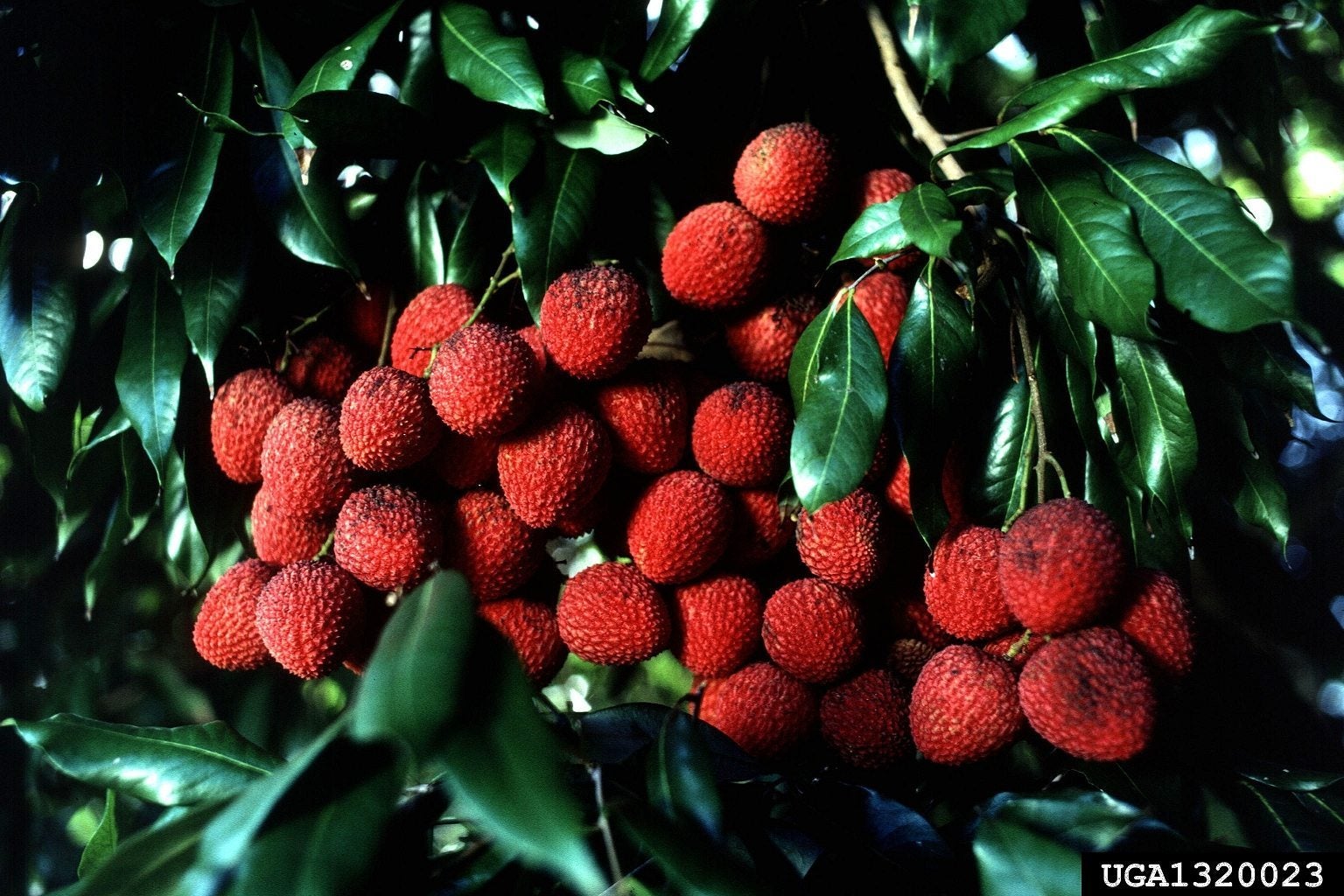 What Is Lychee Girdling: Does Lychee Girdling Work
What Is Lychee Girdling: Does Lychee Girdling WorkGirdling is a standard practice in lychee production. The process does result in higher yields if done at the right time of the year, but it isn't recommended as a consistent practice. Learn when and how to girdle a lychee for increased productivity in this article.
By Bonnie L. Grant
-
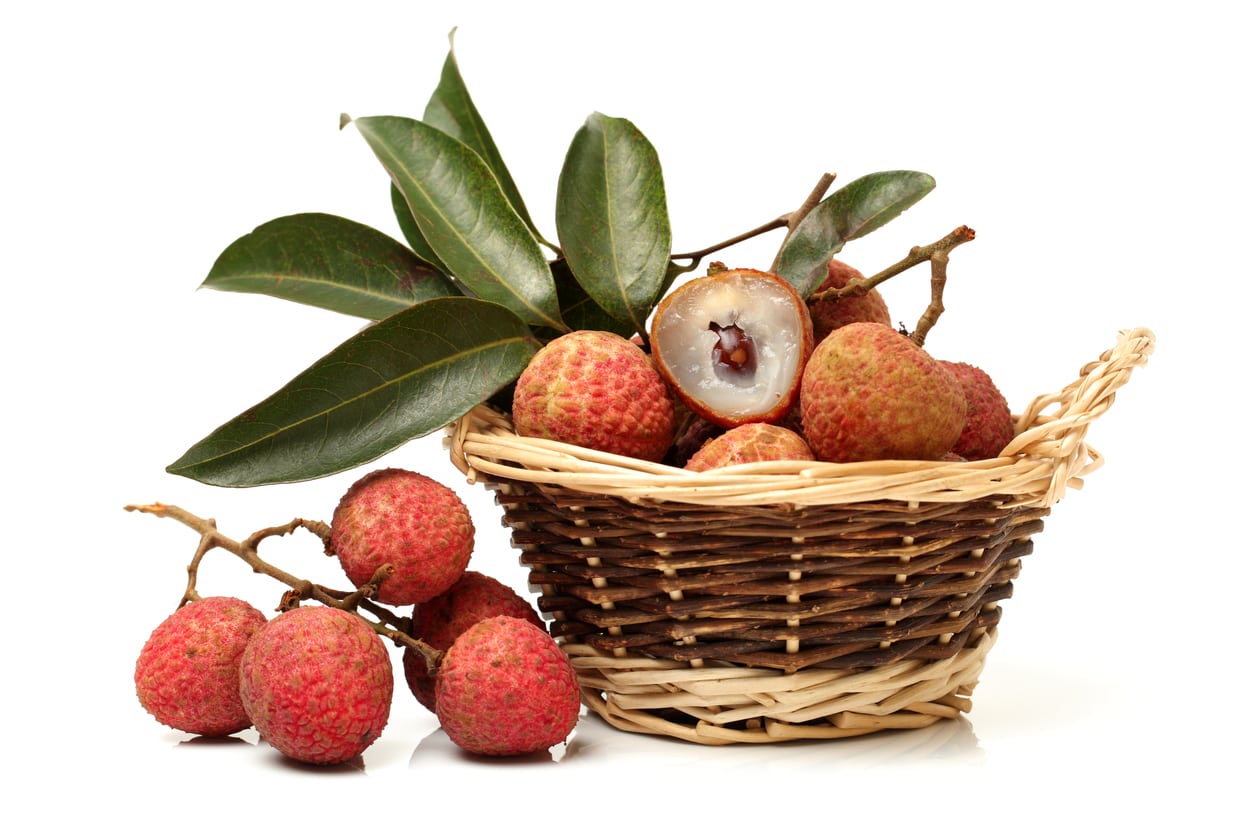 How To Harvest Lychees – Tips For Harvesting Lychee Fruit
How To Harvest Lychees – Tips For Harvesting Lychee FruitLychees are an extremely popular fruit gaining more traction around the world. If you live in a warm enough climate, you might be lucky enough to have a tree in your backyard. If you do, you're probably interested in how and when to harvest lychee fruit. This article will help.
By Liz Baessler
-
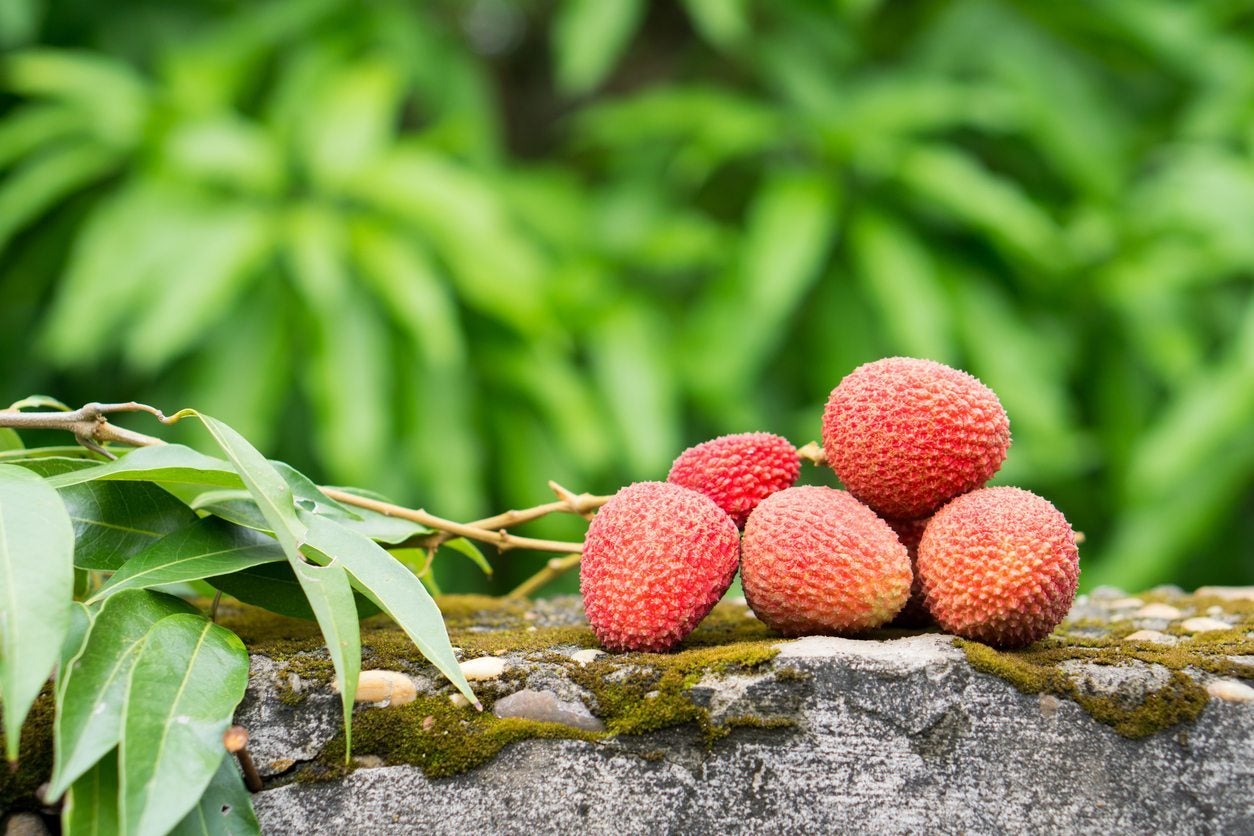 Tips For Lychee Trimming – Learn How To Prune A Lychee Tree
Tips For Lychee Trimming – Learn How To Prune A Lychee TreeLychee has been grown and cultivated for thousands of years in subtropical regions of Asia and is becoming popular in suitable areas in the U.S. Properly timed lychee tree pruning can help them produce steadier, higher fruit yields. Learn how to cut back a lychee tree here.
By Darcy Larum
-
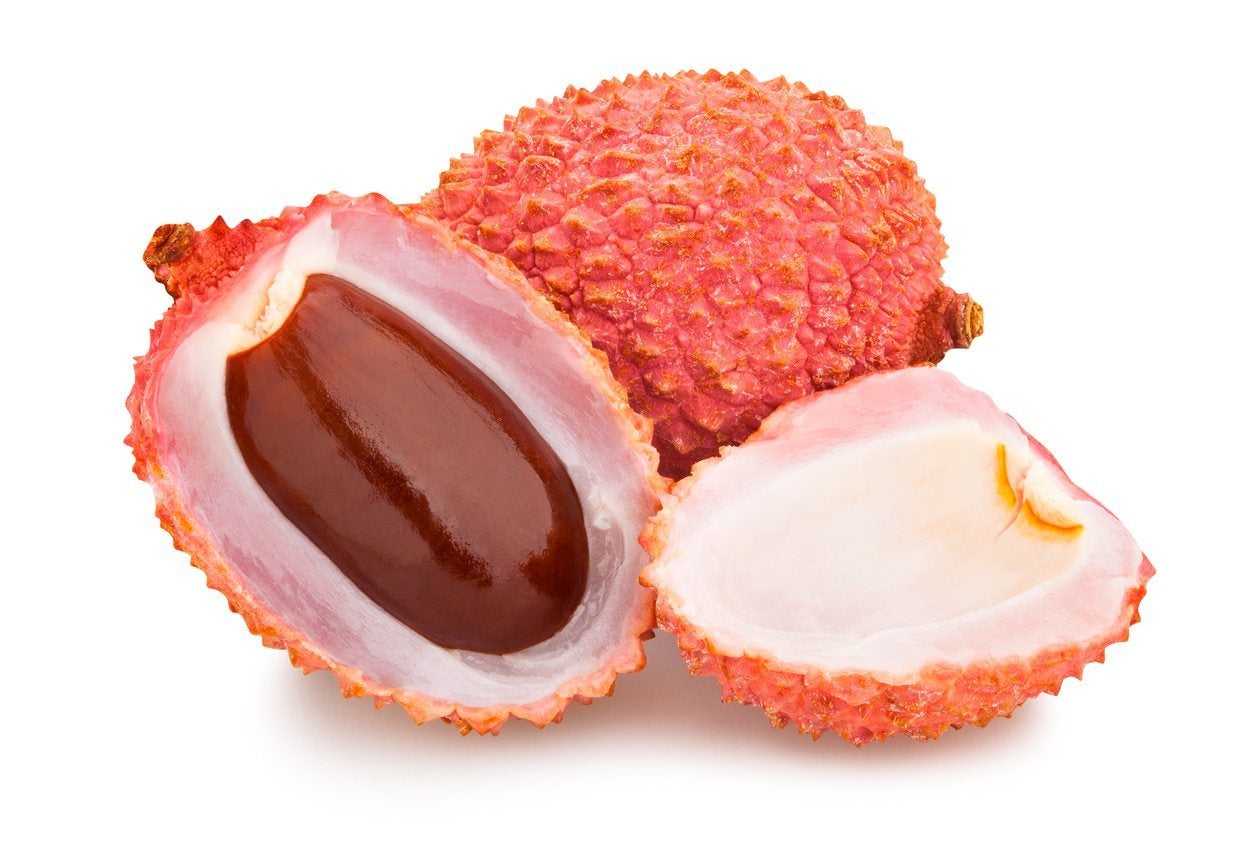 Planting Lychee Seeds: A Guide To Lychee Seed Propagation
Planting Lychee Seeds: A Guide To Lychee Seed PropagationLychees are a beloved Southeast Asian fruit that are steadily becoming more popular worldwide. If you?ve ever bought fresh lychees at the store, you?ve probably been tempted to plant those big seeds and see what happens. Click here for lychee seed growing info.
By Liz Baessler
-
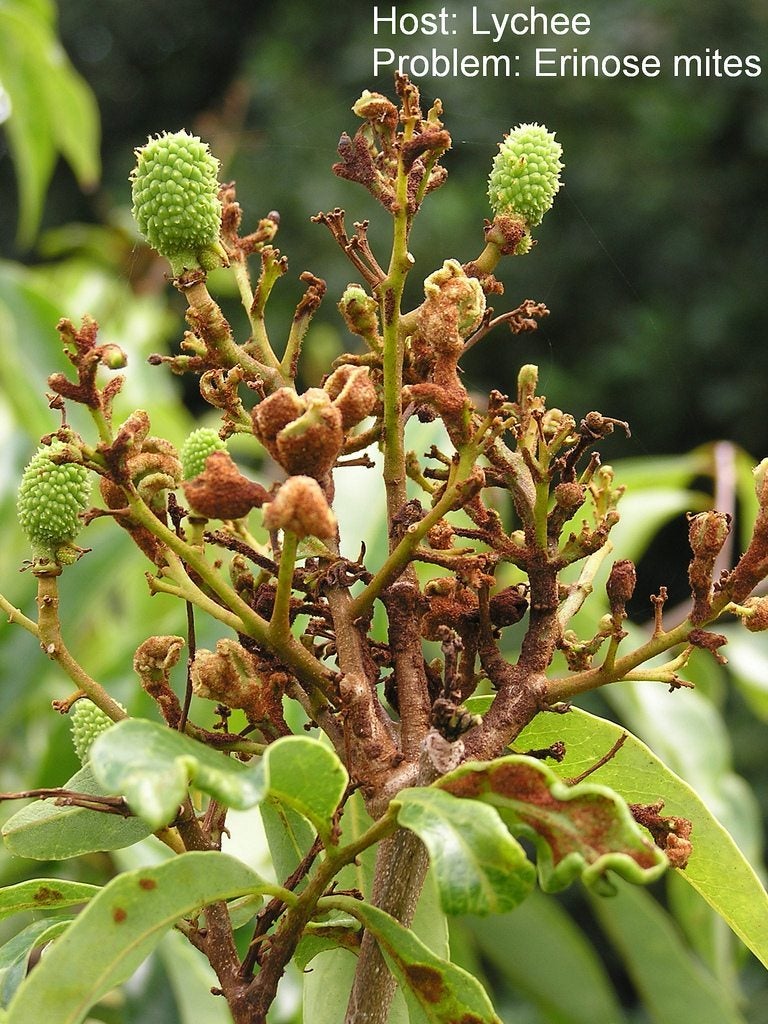 Problems With Lychee Trees: Common Lychee Pests And Diseases
Problems With Lychee Trees: Common Lychee Pests And DiseasesLychee trees are relatively easy to grow and some people in northern climates even grow this warm-weather plant indoors. However, the tree isn't immune to its share of problems. Click here to learn about potential problems with lychee trees.
By Mary H. Dyer